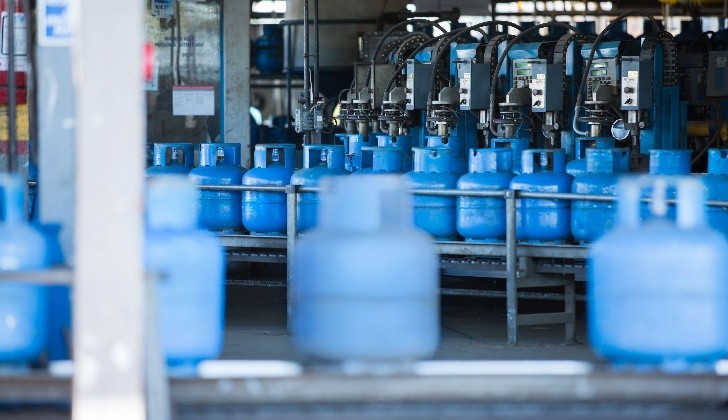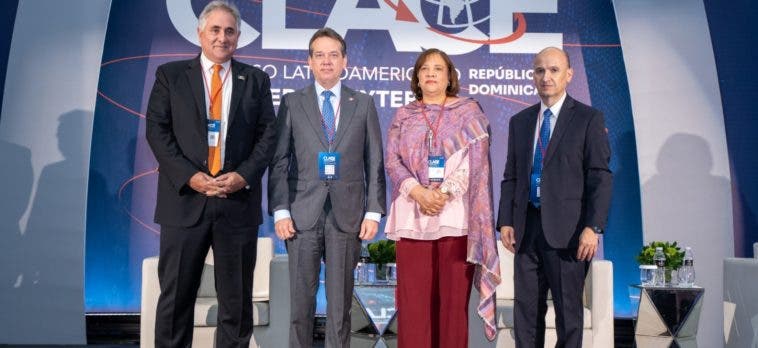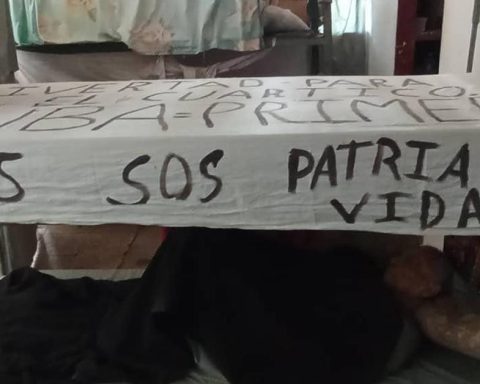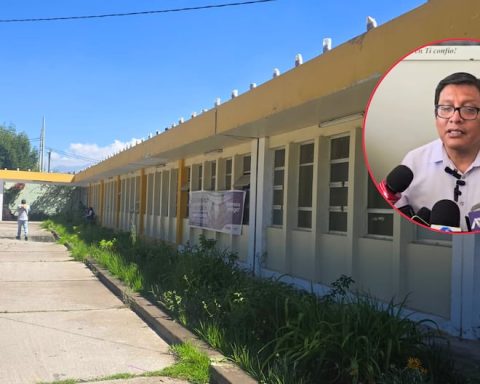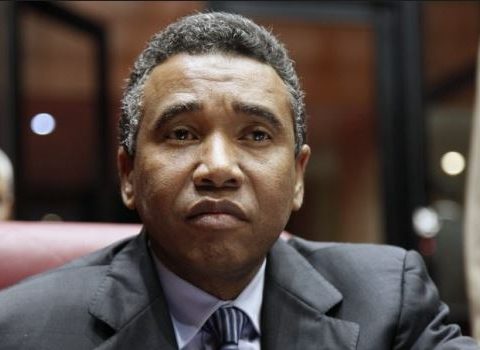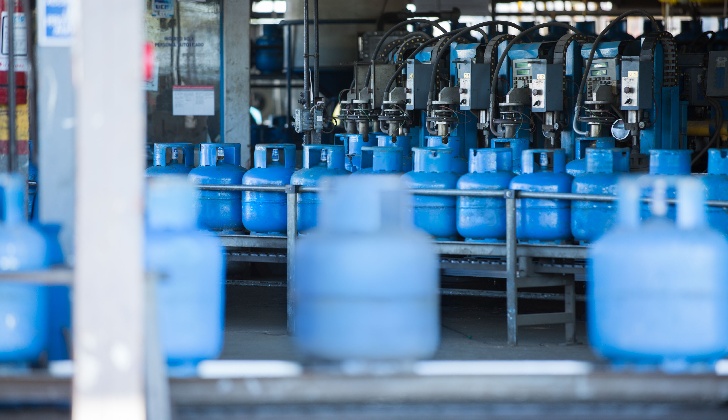
The Minister of Industry, Omar Paganini, has revealed that the increase in the price of supergas is due to several factors, including the increase in the international price and the 50% subsidy offered to part of the population. According to Paganini, much of the supergas is imported and the price is far from what Ancap charges. Ancap’s annual loss due to the importation of supergas and the subsidy is 100 million dollars.
As of February 1, the price per kilo of supergas will increase by $10, from $63.35 to $73.35. The 13-kilo carafe, which currently costs $824, will increase to $950 for the general public and $470 for those who purchase it at a subsidized price.
The government reported the increase in supergas on Tuesday and this adjustment is expected to have an impact on family budgets. However, fuel prices will remain unchanged in February.
International prices for fossil fuels, such as oil, gas, and coal, are determined in the global market and are influenced by a number of economic and political factors. Supply and demand are two of the most important factors that determine prices. When the demand for fossil fuels is high and the supply is limited, prices rise. On the other hand, when the demand is low and the supply is abundant, prices decrease.
In addition to supply and demand, international fossil fuel prices are also influenced by geopolitical tensions, such as conflicts in oil-producing areas, sanctions imposed by countries, etc. Changes in the world economy, such as inflation, growth, or recession, can also have an impact on fossil fuel prices.
